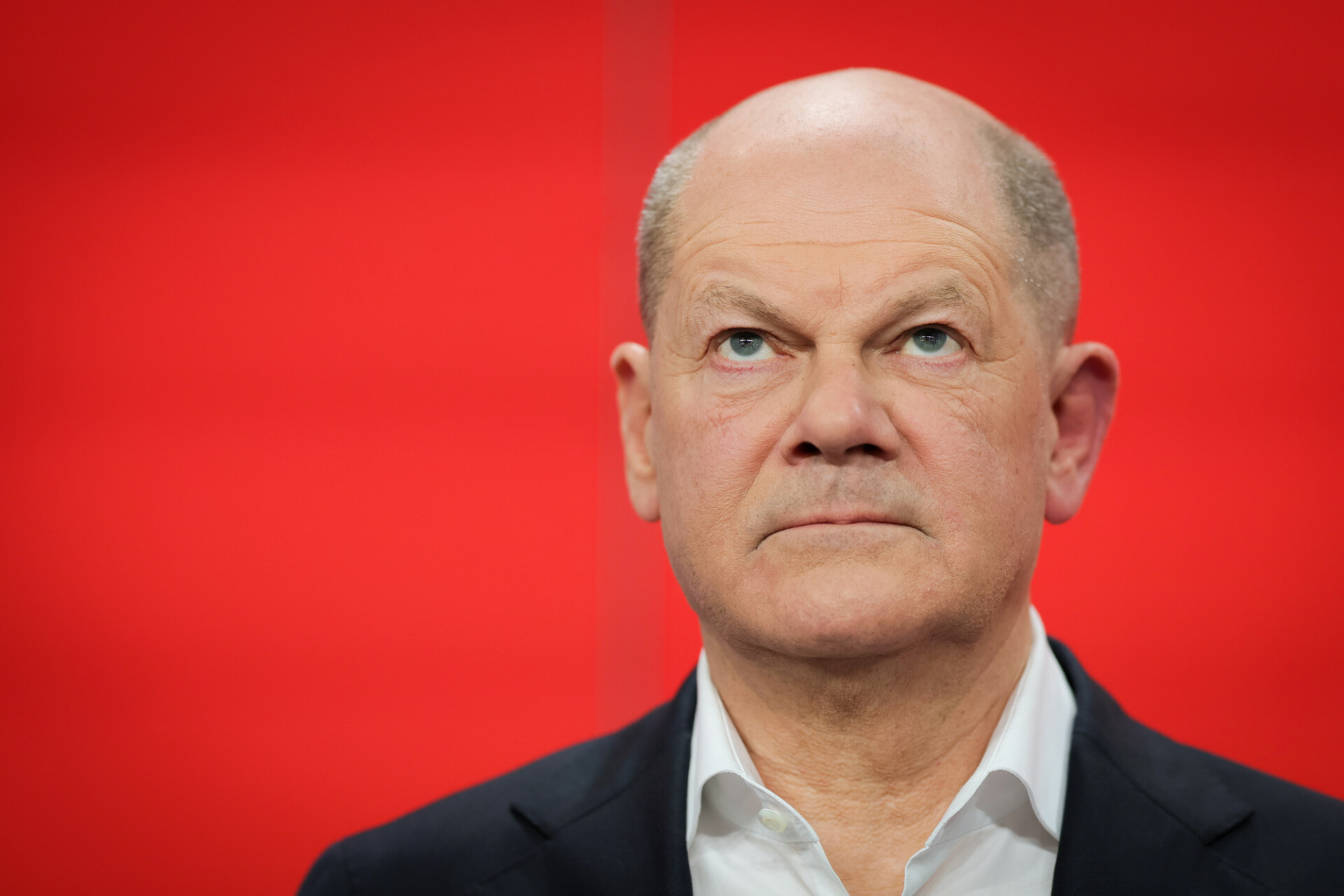The English historian A.J.P. Taylor once remarked of the revolutions of 1848 that “German history reached its turning point and failed to turn.” The German federal elections will lead to a similar result: Germany was led by the Left-leaning “traffic-light-coalition” of Social Democrats into economic decline and exacerbated the migration crisis that began under conservative CDU chancellor Angela Merkel. With this result, none of this is going to change.
After a record voter turnout of 84%, a percentage that has not been reached since German unification in the early 1990s, we see the greatest disappointment among the winners. Although Friedrich Merz’s Christian Democrats clearly won, the result is the second worst in the history of the party: in 2021 the CDU got 24% compared to 28% this year, marking the descent of a party that until four years ago never had less than 30% of the vote. The Social Democrats, meanwhile, gained 16% of the vote, which are the worst numbers since the first federal elections in 1949.
Luckily for soon-to-be-former Chancellor Olaf Scholz, as things currently stand his party will be part of the next government since Merz has categorically ruled out any coalition with Alice Weidel’s Alternative for Germany (AfD). The latter is also among the disappointed, even though the party almost doubled its share and gained around 20%. Despite support from Elon Musk and US Vice President JD Vance, as well as numerous terrorist attacks in recent months that usually boost the numbers of Right-wing populists, this outcome was significantly below expectations.
The only true winner is the hard-Left party “Die Linke” (the Left) which only a few months ago appeared destined for falling under the 5% threshold for parliamentary seats. After the party was weakened by the departure of one of its most popular former members, Sahra Wagenknecht, Die Linke’s prospects looked dim. However, it performed well (gaining 8.6% of the vote) by targeting young voters who once might have voted for the Greens, but now feel that the Greens are just another establishment party. The Greens, meanwhile mustered a paltry 12% of the vote, but that still means they are likely to have a minister in a future government. Wagenknecht’s party, which at one point looked set to overtake Die Linke, barely registered 5%.
These results mean two things: the two Right-wing parties in parliament (the CDU plus its Bavarian sister party CSU and the AfD) have less than 50% of the popular vote. This is a massive surprise, since the expectation was that Germany would shift decisively in a more conservative direction. It also means that CDU leader Merz will need the support of two Left-of-centre parties to become chancellor with a stable majority.
Did the Germans want a real new beginning? Were they willing to try something other than continuity of the same failed policies that began under Angela Merkel? Given that Merz’s 28% vote share is equal to the joint vote share of the Greens and Social Democrats, it will be hard for Merz to move away from the policies of the previous government if he wants to enter government with them. Together the Right-wing parties won about 55% vote share, but the FDP did not make it into parliament and Merz’s CDU doesn’t want to work with the AfD.
Before this election, the expectation was that this result would change everything. But instead it will lead to a partial entrenchment of many of the policies of the last four years. Once again, Germany reached a turning point and refused to turn.











Join the discussion
Join like minded readers that support our journalism by becoming a paid subscriber
To join the discussion in the comments, become a paid subscriber.
Join like minded readers that support our journalism, read unlimited articles and enjoy other subscriber-only benefits.
Subscribe